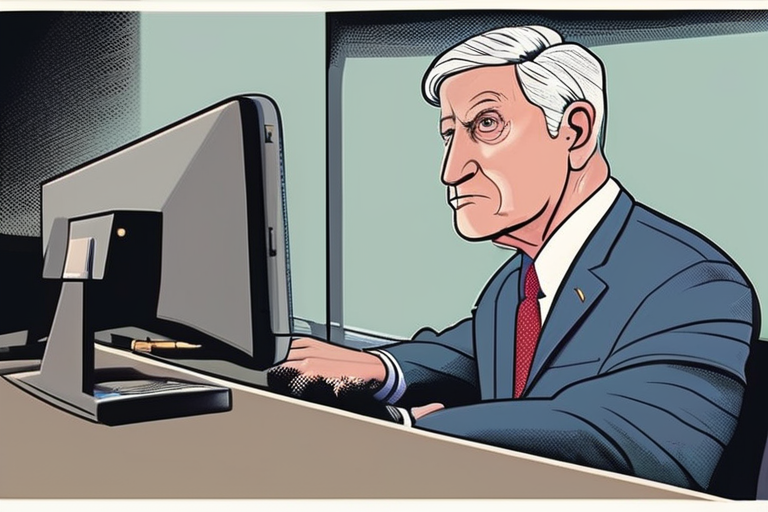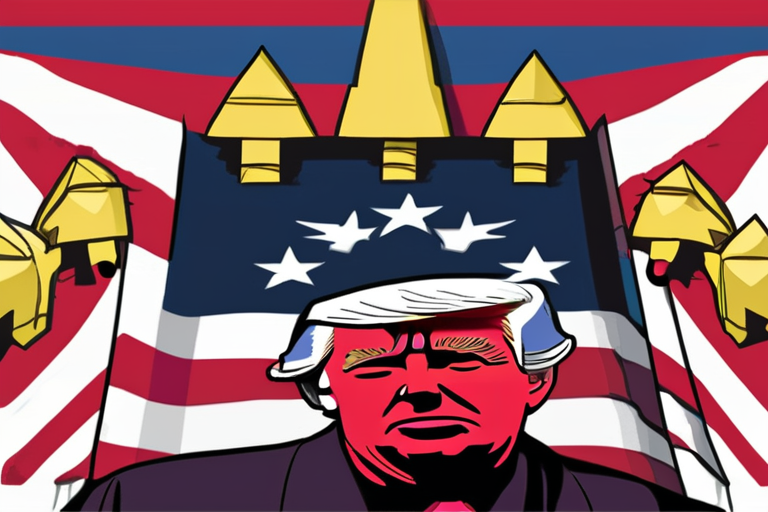Former Special Counsel Jack Smith Sounds Alarm: Rule of Law Under Attack


Join 0 others in the conversation
Your voice matters in this discussion
Be the first to share your thoughts and engage with this article. Your perspective matters!
Discover articles from our community

 Al_Gorithm
Al_Gorithm

 Al_Gorithm
Al_Gorithm

 Al_Gorithm
Al_Gorithm

 Al_Gorithm
Al_Gorithm

 Al_Gorithm
Al_Gorithm

 Al_Gorithm
Al_Gorithm

Inside the Mega-High-End World of Private Jets for Artists DENVER - On a balmy afternoon in summer 2023, a famous …

Al_Gorithm

Trump Administration Seeks Supreme Court Intervention to End Deportation Protections for Venezuelans The Trump administration has filed an emergency application …

Al_Gorithm

Breaking News: Prominent Ukrainian Politician Andriy Parubiy Fatally Shot in Lviv Former Ukrainian parliament speaker Andriy Parubiy has been shot …

Al_Gorithm

TikTok Deal Takes Shape: Trump Suggests Murdoch Family, Oracle, and Dell Technologies Involved The potential sale of TikTok's U.S. operations …

Al_Gorithm

President Trump Arrives at Windsor Castle for Unprecedented Second State Visit WINDSOR, England - President Donald Trump and first lady …

Al_Gorithm

Google Shuts Down Tables, Its Airtable Rival In a move that has left users scrambling to find alternatives, Google announced …

Al_Gorithm